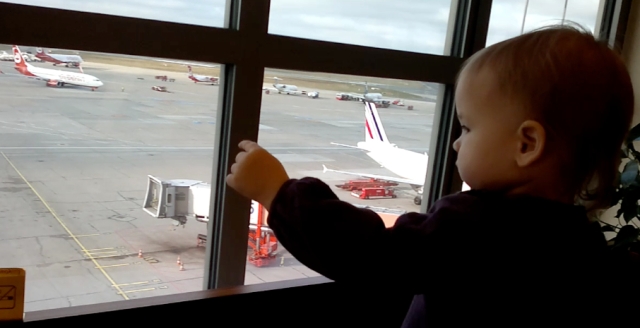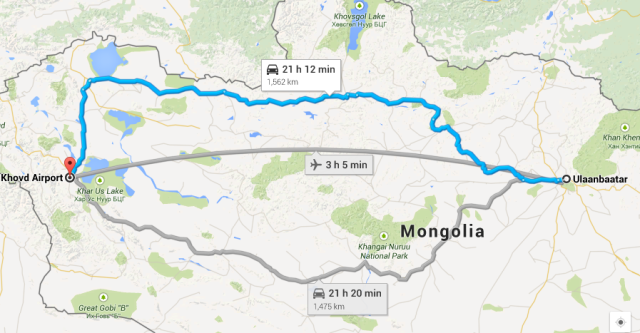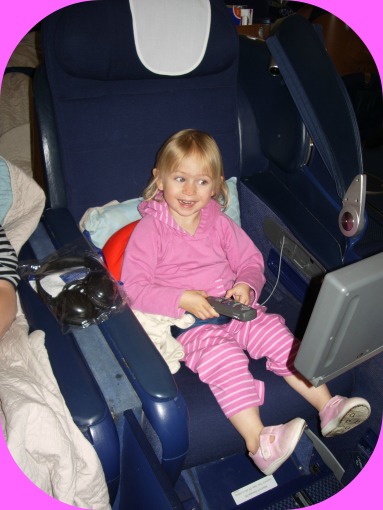This is the third in my series on how modern technology has transformed life as we know it living overseas. In my first post I wrote about how our work life has been affected, and in the second I discussed communication.
Now in my third and (probably) final post on this topic I want to talk about travel.
Of course, it isn’t just expats who travel. But it is undeniably a huge part of our lives – not just travel to and from our countries but travel around them and to other countries in the region. After all, isn’t the ability to explore one of the best things about living abroad?
When I was young and lived in the Philippines, we were restricted to phone calls and travel agents when we wanted to book our holidays. No internet, no mobile phones, no apps – how on earth did we manage? It’s funny to look back now and think about being completely incommunicado for weeks on end; and can you imagine those long road trips without being able to plug the kids into their electronic devices?
Anyway of course things have improved quite a bit since then and if I am honest I can’t keep up with many of the latest innovations. So to help others out who, like me, are a little behind the curve in these matters, here are some of the better technical innovations to help us get around:
Getting there
In order to travel somewhere you first have to get there and unless it’s within a reasonable distance this usually means flying. Here are a few suggestions to help ease this burden:
Kayak is a site which basically promises to scan all the available flights for your dates and come back with the cheapest suggestion. However, don’t forget to use filters otherwise you may be booking to go from A to B via about eight different places with a three day stopover on the way….
Skyscanner is similar to Kayak. Note: they now also do car hire, hotels etc
Flight Aware this brilliant little site keeps track of all the flights in the air at any one time – great for checking if your flight is likely to be delayed. Also helpful if you’re picking people up from the airport. Careful though, it can be addictive (am currently watching the Emirates flight that’s just left Jo’burg and the SAA from Durban that’s about to land….just for the heck of it).
Getting around
If anyone hasn’t downloaded the Uber app to their phones, I suggest you do so straight away. I can’t begin to explain the feeling of freedom it gives me to know that if I am stuck anywhere in Pretoria (or other South Africa cities) all I need is my phone to get me somewhere. The fact that it is cash free is genius.
The post that initially started my hunt for technology to help the modern expat was actually based on an idea about how useful I found my GPS. As above, I love the freedom it has given me not to worry about getting lost. I love it so much I even wrote this post about it.

Google Streetview and Google Earth have been revolutionary in how we can now view the world. We used Streetview to explore our neighbourhood before we even visited Pretoria, and who hasn’t checked out their hotel on Earth in advance of booking that holiday? But Google maps is the one that I now use the most often – either as a GPS when the one in my car is having a bad day or as a way to find out how long it will take me to get from A to B. If you haven’t watched the film Lion yet I thoroughly recommend it as a way to see the real power of Google maps!
Finding a place to stay
I rarely book anywhere these days without first checking reviews on Tripadvisor. I try and read as many reviews as possible because I realise how easy it is to post fakeness but generally I do think that as long as there are enough of them you can get a fair idea of what you are getting yourself into.
There are several ways to book private accommodation these days. Probably the best known is Airbnb, a brilliant way to find well-priced accommodation in exactly the location you are interested in (their use of maps for searching makes it so easier to pinpoint where the homes are). VRBO (which stands for Vacation Rental by Owners) is another one.
If you are up for it, trying out a home exchange can be a great way to score cheap accommodation. It’s not something I have tried yet but with the way Sterling is dropping I suspect this is going to become more and more popular in years to come. This site claims to have 65,000 homes in 15 countries.
When you are there
Ok so you have arrived and checked in – what’s for dinner? Trip Advisor (see above) can be helpful here too but there are other ways to find local restaurants, bars, cafes etc as well as local attractions, shops and even services. Yelp is one such site. Zomato is another. But please, distract me quick before I spend the rest of the day browsing restaurant menus…..
Converters
Finally, life can get complicated when you are on the move. Here are two ways to help you keep track – firstly, to make sure you know how much things cost are currency converters like this one (although to be honest these days if you just put the currency you need converting into Google it will tell you – sigh, is there anything google can’t do?). Secondly, do you ever wonder what time of the day it is back home (easy when you live somewhere, not so much when you are travelling)? Or in that other country where you want to book a flight but are not too sure what time you are going to arrive? Then you need a time zone converter.
So that’s just a quick run down of some of the sorts of sites and apps that are out there now to help us when we travel. I am quite sure there are many, many more (as a quick example, in London we used this app to tell us how long we had to wait for the next bus). In fact, this post really is just a “for starters” and I would love to hear if you have any more great travel apps that you would like to share. If so please post in the comments section below.
Otherwise, bon voyage!
Photo credits: BA plane – Nick Fewings, Crooked House by Don McCullough










